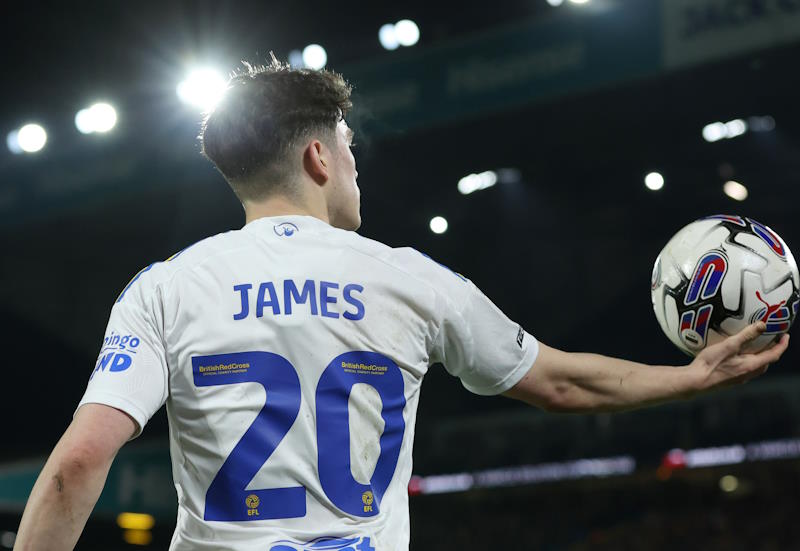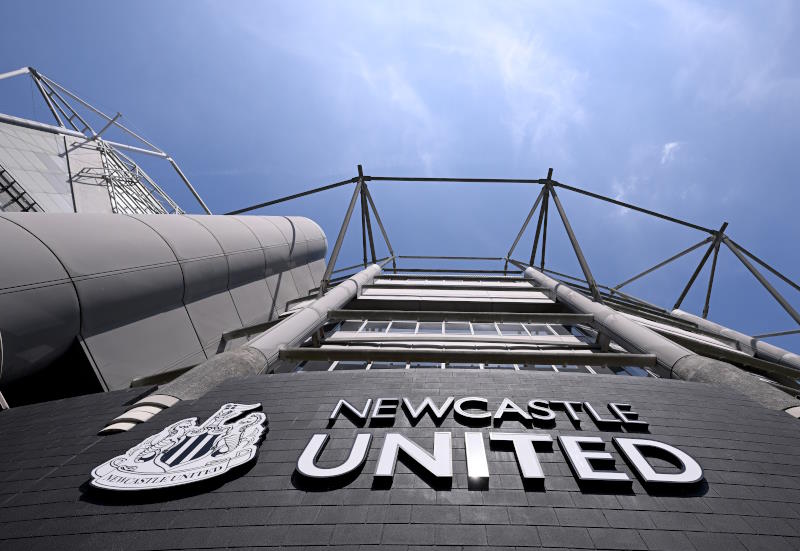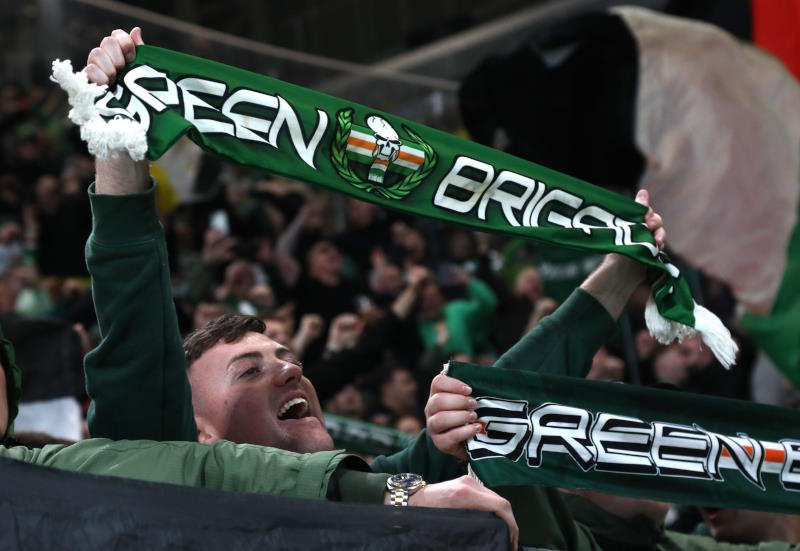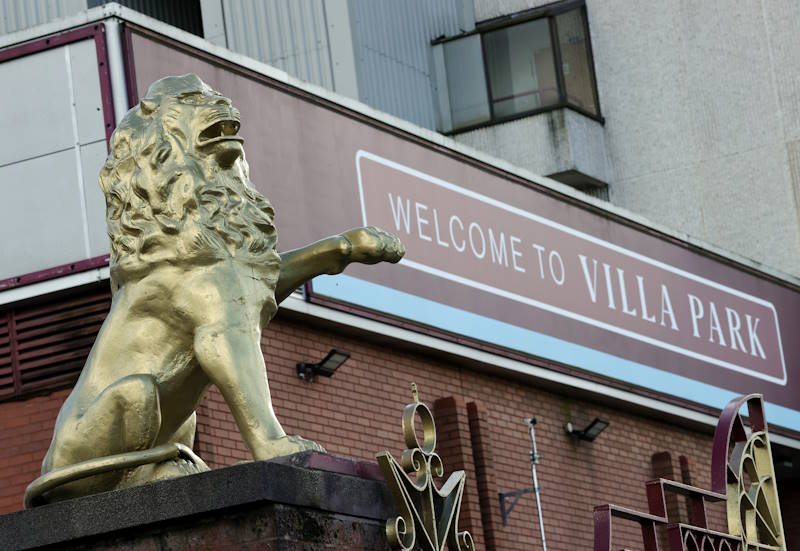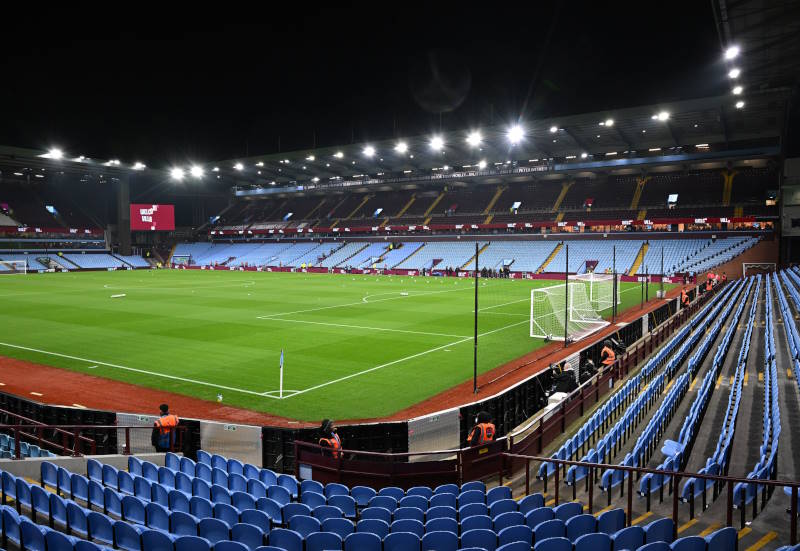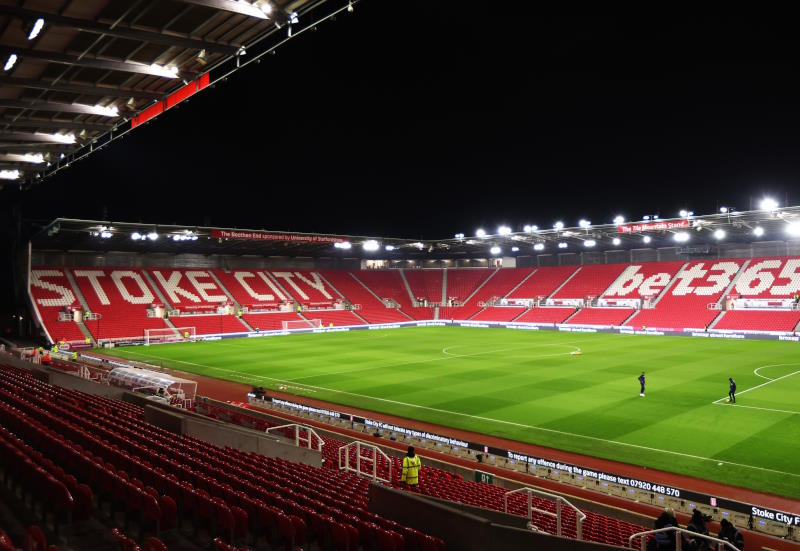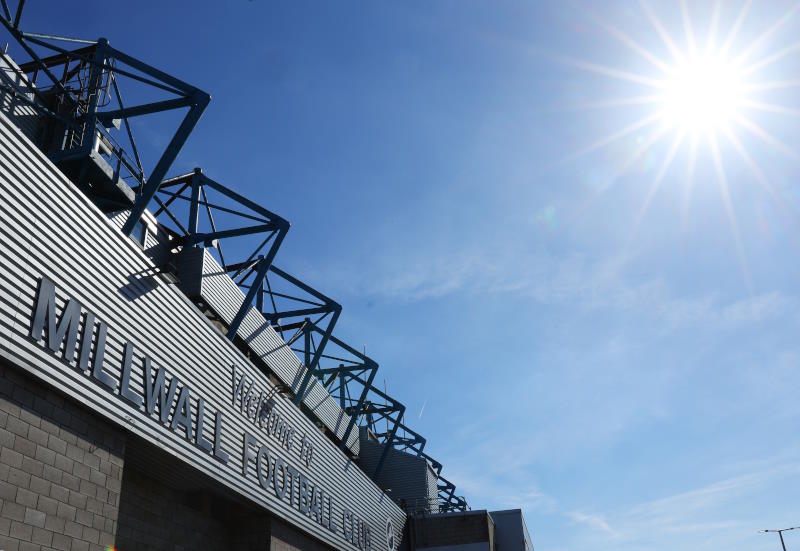
Mark Bateman
Wolverhampton Wanderers’ promotion to the Premier League as Championship title holders is a real triumph not only for the Black Country club and its fans, but also for football in general.
It proves that no matter what your budget, if you have a good season, you can achieve top flight status.
But, at the same time, it is of little surprise that of the other teams in the promotion mix included three clubs who have been in the Premier League in recent years, namely, Birmingham, who finished as runners-up, Reading and Sheffield United, who could play each other in the playoff final.
These teams are capable of pushing for an instant return to English football’s promised land mainly thanks to the £30M parachute payments they received from the Premier League following relegation.
The whole idea of these payments is to help a club cope with the financial fallout brought about by demotion from the top flight, which has massive riches in terms of television money and sponsorship.
However, the biggest problem with these payments is that when a team gets relegated from the Premier League they can usually be split into one of two camps.
Camp one is occupied by teams such as West Bromwich Albion or Hull City.
Now, neither the Baggies nor the Tigers have been relegated yet, but Championship football is a distinct possibility for both teams.
Essentially, these clubs are top end Championship sides who are struggling to make the jump to being Premier League regulars. Their squads remain pretty much the same no matter what division they are in and, because of their boards, they are run on strict budgets, meaning they are financially stable.
In the other camp however there are teams like, if they get relegated, Newcastle United and Middlesbrough.
These teams are used to Premier League money and have been accustomed to it for a long time. They have spent massively on their squads in terms of transfer fees and wages and have also run up quite substantial debts chasing dreams they have never quite met, mainly that of being regulars in European competition.
Unfortunately for them, they have fallen on difficult times for countless reasons and now, if relegated, they could find themselves in dire financial difficulty, which could culminate in administration and a points penalty.
Most football fans would say that they deserve what they get. But, if you put football loyalties aside and look at the two cases on their merits, you would have to come to the conclusion that Newcastle and Middlesbrough are far more in need of the financial aid offered in parachute payments than West Brom or Hull City.
The whole system of parachute payments needs to be looked into, one way of ensuring a great deal more fairness is to means test the payments against the clubs’ debts and potential losses.
This would mean that clubs who are in good shape and relegated from the Premier League don’t have a huge advantage over teams already in the division or promoted from League One. It would also mean those teams relegated from the top flight who are facing a bleak future are given the help and support needed to be able to compete at the new level they find themselves in.
Perhaps this would be difficult to implement because of the outcry it would cause among the money men in football. But the only other solution is to simply do away with parachute payments all together, and then no one would gain any kind of advantage.
While that latter option is unthinkable, the governing bodies behind the payment of parachute subsidies need to seriously re-think this system, because the day when the usual suspects keep getting relegated from and promoted back to the Premier League, instead of different clubs, is the day they might as well ring fence the top flight and get rid of promotion, which gives everyone in English football something to aspire to.
Related Articles:


